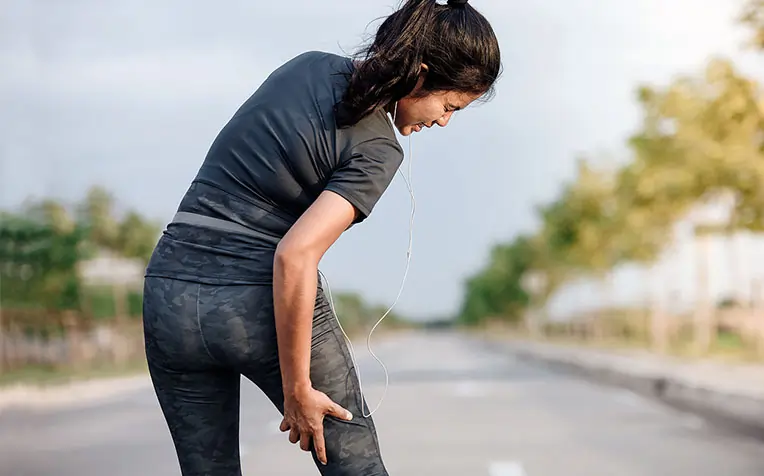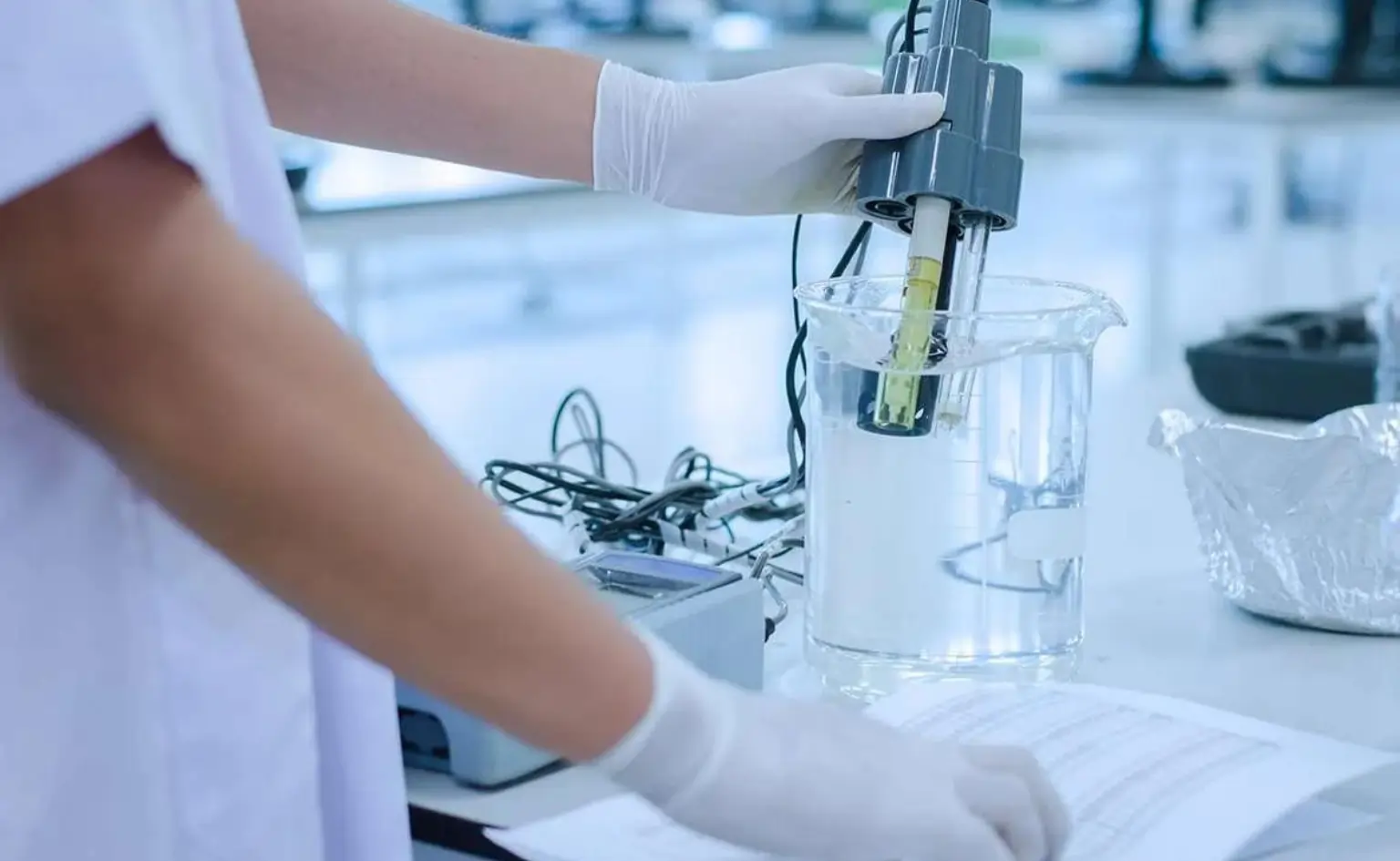Muscle soreness is a shared experience, whether you’ve just crushed a workout, spent hours gardening, or lifted a heavy object incorrectly. While it’s often a sign of progress, especially after exercise, sore muscles can also be uncomfortable and hinder daily activities. Fortunately, there are plenty of effective remedies to soothe muscle aches and promote faster recovery. This guide will explore proven methods to ease sore muscles and get you back to feeling your best.
Understanding Muscle Soreness
Muscle soreness often results from microscopic damage to muscle fibers caused by exertion. This phenomenon, known as delayed-onset muscle soreness (DOMS), usually peaks 24-48 hours after the activity. It’s your body’s way of repairing and strengthening your muscles but can also leave you stiff and achy.
Other causes of muscle soreness include overuse, dehydration, stress, or lack of adequate warm-up before physical activity. Knowing the reason can help you choose the most effective remedy.
Proven Remedies for Sore Muscles
1. Rest and Recovery
Rest is the simplest and most effective way to allow your muscles to heal. Avoid intense physical activities that strain the sore area and prioritize sleep, as this is when most muscle repair occurs.
- Tip: Incorporate active recovery, such as gentle walking or yoga, to promote blood flow without overexerting yourself.
2. Apply Ice or Heat
Cold therapy is ideal reduces inflammation and numbing pain in the first 24-48 hours. Ice packs or frozen peas wrapped in a cloth can be applied for 15-20 minutes.
After the acute phase, switch to heat therapy to relax tight muscles and improve circulation. A warm bath, heating pad, or steamed towel works wonders.
- Tip: Use contrast therapy (alternating ice and heat) for combined benefits.
3. Stretching and Gentle Movement
Stretching helps maintain flexibility and relieves muscle tension. Focus on light, static stretches that target the sore area. Gentle movements, like tai chi or swimming, can improve circulation and speed recovery.
- Tip: Avoid aggressive stretching, as it may exacerbate soreness.
4. Massage Therapy
Massage is an excellent way to soothe sore muscles by reducing stiffness, improving circulation, and flushing out toxins. You can opt for professional therapy or use a foam roller for self-massage.
- Tip: Focus on slow, deliberate strokes to target knots and tight spots.
5. Stay Hydrated
Dehydration can worsen muscle soreness. Drinking enough water ensures proper muscle function and aids in flushing out lactic acid buildup.
- Tip: Add electrolyte-rich beverages, especially after intense exercise, to replenish lost salts and minerals.
6. Use Over-the-Counter Remedies
Non-steroidal anti-inflammatory drugs (NSAIDs), like ibuprofen, can help alleviate pain and reduce inflammation. Topical analgesics, such as menthol or capsaicin creams, provide localized relief.
- Tip: Always consult a healthcare professional before taking any medication, especially if you have underlying health conditions.
7. Try Epsom Salt Baths
Soaking in an Epsom salt bath is a time-tested remedy for muscle soreness. The magnesium in Epsom salts is absorbed through the skin, promoting muscle relaxation and reducing inflammation.
- Tip: Add a few drops of essential oils, such as lavender or eucalyptus, for a calming effect.
8. Eat a Muscle-Friendly Diet
Certain foods can aid muscle recovery. Protein-rich foods repair damaged tissues, while antioxidants, such as those found in fruits and vegetables, combat inflammation.
- Tip: Incorporate foods like salmon (rich in omega-3s), nuts, berries, and spinach for an added recovery boost.
9. Leverage Compression Therapy
Compression garments or wraps help reduce swelling, improve circulation, and support sore muscles. These are particularly useful for athletes or those recovering from intense workouts.
- Tip: Wear compression gear during and after workouts for best results.
10. Practice Relaxation Techniques
Stress can contribute to muscle tension and soreness. Techniques such as deep breathing, meditation, or guided imagery help relax your mind and body.
- Tip: Enhance your relaxation by pairing soothing techniques with heat therapy for maximum relief—consider custom hot tubs in Utah as a luxurious way to unwind and ease sore muscles.
When to Seek Medical Attention
While most muscle soreness resolves within a few days, specific symptoms may indicate a more serious issue. Consult a healthcare provider if you experience:
- Severe or persistent pain lasting more than a week
- Swelling, redness, or warmth around the sore area
- Difficulty moving or bearing weight
- Muscle weakness or cramping unrelated to exertion
Preventing Muscle Soreness
Prevention is the best medicine. Here are some tips to minimize muscle soreness in the future:
- Warm up before engaging in physical activity.
- Cool down and stretch after exercise.
- Gradually increase the intensity of workouts to avoid overexertion.
- Maintain a balanced diet and stay hydrated.
- Incorporate regular rest days into your fitness routine.
Final Thoughts
Muscle soreness is a natural part of growth, whether you’re challenging yourself at the gym or tackling physical tasks. With the proper remedies and care, you can ease the discomfort and support your body’s recovery process. Listen to your body, and don’t hesitate to rest when needed—it’s essential to becoming stronger and healthier.
From ice packs to warm baths and stretching to soothing massages, there’s a remedy for everyone. Next time you experience soreness, you’ll know precisely how to go from aches to ease.






